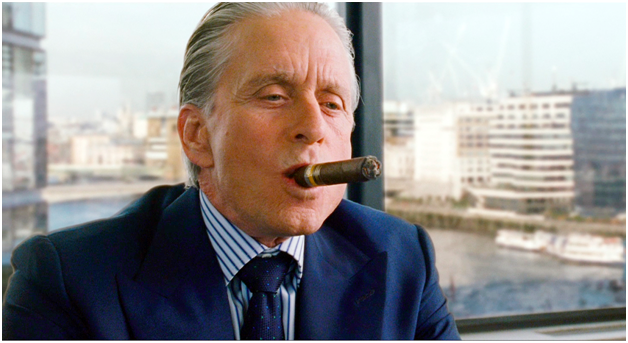The film director Oliver Stone believes that speculation is evil. That’s interesting. He has written some fantastic scripts. He has directed Oscar-winning films. Nevertheless, to say that speculation is “the mother of all evil” is disingenuous. When Stone sets forward to make a new film, he’s speculating that you will spend your money and watch his film. There is nothing wrong with that. That’s life. That’s a good thing.
Speculation in markets is essential too. Think about what drives a market. It is millions of people speculating to make money. One of the most successful trend following traders knows deep down how important speculation is to finding opportunity:
“Speculari, the Latin root of the verb “to speculate” has the literal meaning to observe. To be successful this observation must, of necessity, be detached and unemotive and thus where great social and moral issues are at stake, it is perhaps not surprising that distrust and hostility among the general population can arise particularly when the speculator profits at a time of general discontent. Yet this detached observation is clearly in the spirit of the natural scientist and the act of speculating for money is in the spirit of the empirical scientist’s restless yearning to add to empirical knowledge and put theories to the test.”
Regardless of whether you win or lose, you are speculating—trying to get ahead. Every time you get into a car, you are speculating. If you go to the Apple store to buy an iPhone you are speculating the phone is more valuable than your dollars. Additionally, you are speculating the iPhone will work. When you turn on a show you are speculating that it is worth more than something else. All of these activities don’t always work out, and that is the nature of speculation. All speculators are not winners.
So why is it bad to take advantage of an opportunity that you recognize? It’s not.
Speculate this: Do you consider yourself an investor or a trader? Investors put their money into investments hoping value will increase over time. Typically, they have no plan if it goes down. They usually hold on, praying value will reverse and go back up. Investors typically succeed in bull markets and lose in bear markets. They usually have no coherent response when the losing starts. They often hang tight and continue to lose even more.
Traders are different. They have a defined strategy to put money to work for a single goal: profit. Wise trend traders do not care what they buy or sell as long as they end up with more money in the long run. Bottom line, winning traders don’t invest, they trade. It is a massive distinction.
Consider timeless qualities essential to speculation:
1. Self-reliance: A man must think for himself and must follow his own convictions. Self-trust is the foundation of successful effort.
2. Judgment: That equipoise, that nice adjustment of the faculties of one to the other, which is called good judgment–essential to the speculator.
3. Courage: That is, confidence to act on the decisions of the mind. In speculation, there is value in the dictum: Be bold, still be bold; always be bold.
4. Prudence: The power of measuring the danger, together with a certain alertness and watchfulness, is very important. There should be a balance of prudence and courage; prudence in contemplation, courage in execution.
5. Pliability: The ability to change an opinion, the power of revision. He who observes and observes again is always formidable.
I don’t care whether you ever trade, but those precepts should be the first life lessons taught to grade school kids.
“The most valuable commodity I know of is information, wouldn’t you agree?”
–Wall Street: Money Never Sleeps


